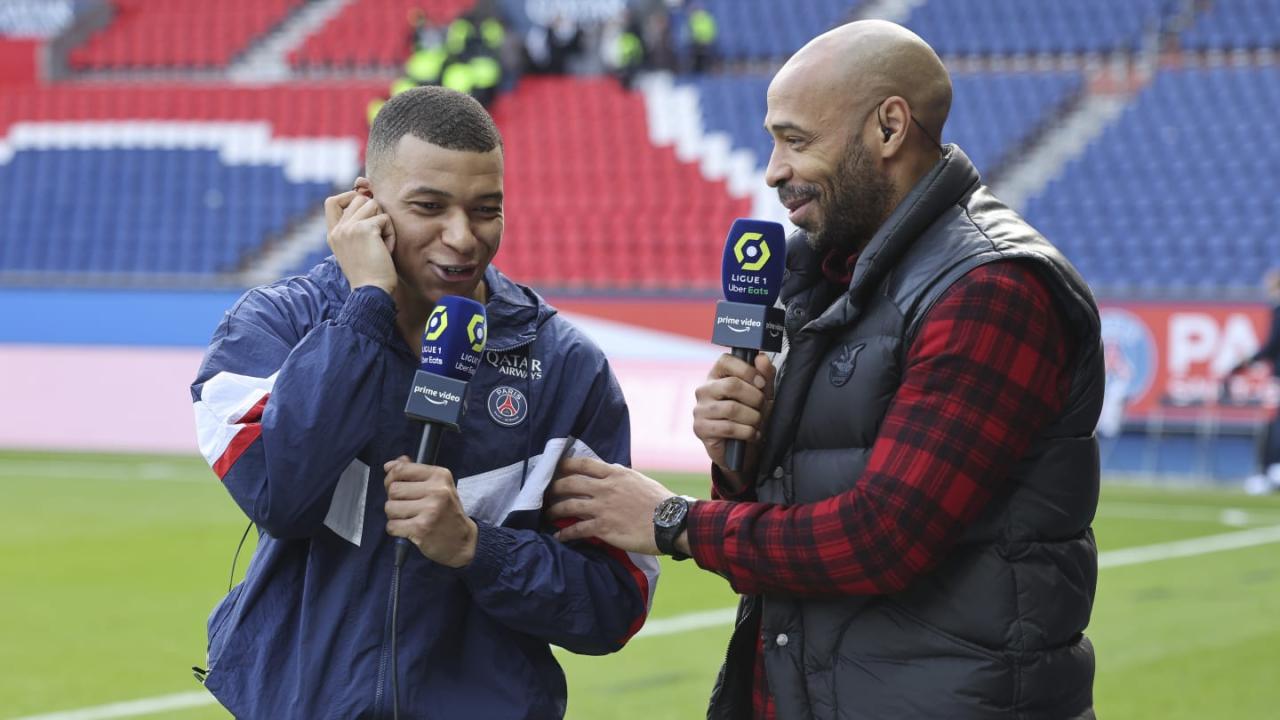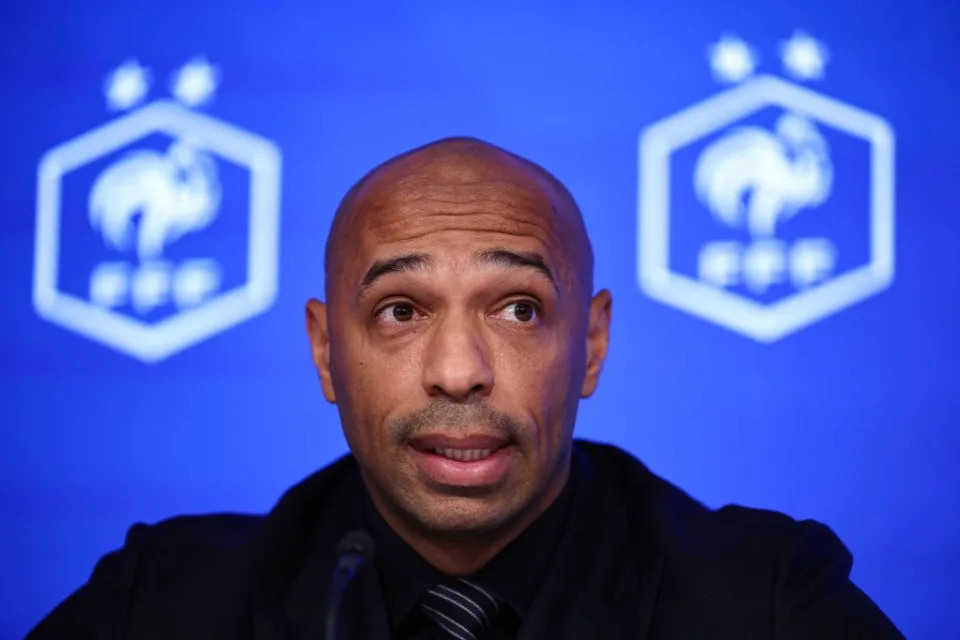
Mbappe could be caught in a club v country row if he joins Real Madrid this summer
What power does Thierry Henry have to call up players such as Kylian Mbappe to his France team for the Olympics if clubs like Real Madrid refuse? A sports lawyer explains.
The battle lines are being drawn between club and country for international football tournaments this summer.
With the Olympics and Euros on the horizon as part of an action-packed off-season – and an international period upon us – squads are starting to take shape.

However, that may not be the case for France, whose Under-23s manager Thierry Henry has revealed that Real Madrid will not be making players available for Paris 2024.
Real Madrid’s stance means that the likes of Eduardo Camavinga, Aurelien Tchouameni and Ferland Mendy may not participate for France at a home Olympics. It could also affect Kylian Mbappe if, as widely reported, he joins the Spanish club this summer.
It will be interesting, too, to see if other players both for France and other nations will be given permission to miss a large chunk of pre-season preparations.
The Olympic football tournament runs from 24 July to 9 August – one week from the start of the Premier League season. With playing schedules gradually increasing and teams looking to avoid fatigue and injury, more clubs could follow Real Madrid’s approach.
Olympic rules allow each competing nation up to three players over the age limit of 23. So while some clubs may encourage their youth stars to gain further experience at international level, senior players selected – potentially including Mbappe, 25 – or younger players already getting first-team minutes domestically will have an important decision to make.
Real Madrid’s stance is nothing new; Sir Alex Ferguson blocked striker Javier Hernandez from representing Mexico at London 2012 and there have been other examples since.

However, Henry has said he will do all he can to make his side as strong as possible, while French football federation president Philippe Diallo has said the aim is “to build the best team possible.”
So what powers do they have? There are two separate issues in play here: the regulatory aspect which relates to Fifa’s rules, and the employment element which differs from country to country.
With regards to employment, the default position under a standard playing contract is that a club can prevent a player playing.
This cannot be circumvented by taking holiday and teams are only obliged to release players for games that are on Fifa’s International Match Calendar.

Henry says Real Madrid won’t release players to France for the Olympics, which could affect Mbappe
While the governing body’s position on the calendar has changed in recent years – this is no longer simply imposed by Fifa but in consultation through memorandums of understanding with organisations like the European Club Association – the fact of the matter is that the Olympics is not on the International Match Calendar.
Fifa therefore has no standing to order one way or the other. It has in the past said under-23s players should be released for the Olympics, but that is no more than an opinion.

Some may remember that the Court of Arbitration for Sport ruled in a 2008 case between Barcelona and Fifa that Lionel Messi did not have to be released, although the forward played anyway and helped Argentina to win gold.
It is unlikely Fifa would seek to bring a similar case as they will be focusing on expanding events which further increase playing schedule demands, such as expanded World Cups at international and club level.
But the allure of representing your country at the Olympics, the commercial benefits, the goodwill that can be generated and the potential glory of gold – especially for those playing on home soil – may sway some to choose country over club.
